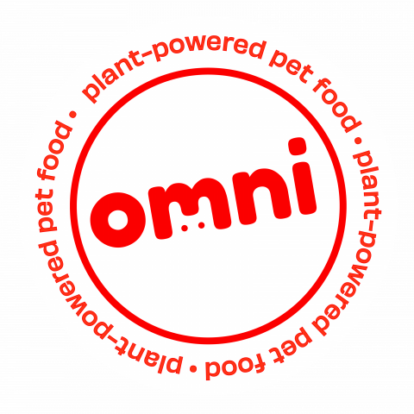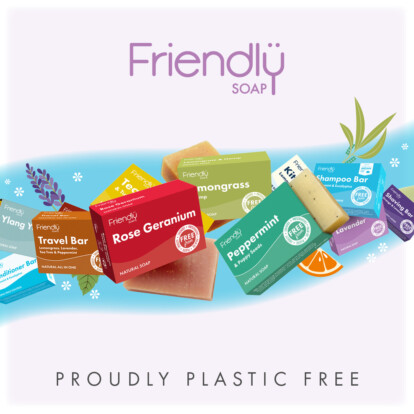Six things your vet wants you to know about dog food allergies


We’re delighted to bring you a guest blog from Friendly Soap, which creates soap, shampoo, conditioner, and laundry powder that is vegan and handmade by people paid a living wage without the use of plastic, preservatives, sulfates, or animal cruelty.
As we reach the halfway point of Plastic-Free July (a global movement that encourages millions to cut out plastic throughout July) here at Friendly Soap, we’ve been reflecting on the important connection between veganism and the global fight against plastic pollution.
It’s easy to view plastic pollution solely as an environmental issue, but it’s crucial to recognise how deeply intertwined these issues are. As a vegan, ethical, and plastic-free company, our mission is to raise awareness about the full impact of plastic pollution on animals, people, and the planet.
While it’s incredibly convenient and lasts forever, this durability has a downside. Plastic pollution has become a huge problem, with 350 tonnes produced each year invading our waterways, and oceans, and wreaking havoc on natural habitats and wildlife.
There’s no definitive answer to this question as it depends on personal definitions of veganism. Most people may consider plastic to be vegan as it’s not made from animal products and its initial production doesn’t cause any immediate harm to animals. However, what is often overlooked is the issues it causes after being discarded. Plastic is not biodegradable; when discarded it causes significant harm to land animals, birds and marine life.
Plastic pollution in our oceans: Ocean plastic is a very serious issue, and it’s estimated that by 2050 there could be more plastic than fish in our oceans. Plastic is a severe threat to marine life – in 2019, one whale was sadly found washed up with 40kg of plastic in their stomach, predominantly comprising single plastic bags.
It’s not just fishes and mammals that are harmed by plastic pollution, seabirds are also at risk. It’s estimated that over a million seabirds die each year as they mistake plastic debris floating as food.
Wildlife natural habitats: Because of the large amount of plastic being produced, one of the major problems we are dealing with is how to dispose of it. Sadly, a majority of the plastic ends up in landfills and our water systems, which is causing destruction to natural habitats. This makes it harder for animals to find food and raise their young. In addition, animals can get trapped in the plastic debris, causing them to become injured and entangled
Plastic and climate change: Plastic also contributes to the rising climate crisis, which is impacting animals and their habitats around the world. The production and disposal of plastic release greenhouse gases that contribute to global warming, leading to changes in temperature, weather patterns, and sea levels that disrupt ecosystems and threaten wildlife.

Making the switch to a plastic-free lifestyle is an exciting journey. With more brands offering greener choices and plastic-free products becoming accessible, it’s clear that there is a growing demand for sustainable alternatives. Here are some useful tips to help you get started and make a positive impact:
By embracing a vegan and plastic-free lifestyle, we can make choices that reflect our values of compassion for animals and commitment to sustainability. Being mindful in our daily routines allows us to play a part in reducing plastic pollution and creating a healthier, more ethical world for everyone.
About Friendly Soap
At Friendly Soap, we’re on a mission to shake up the skincare industry by creating affordable skin and hair care products that are sustainable, ethical, and vegan. Our natural soaps are not only 100% vegan but also come in compostable, plastic-free packaging making sure they are kind to both your skin and the planet.
We are plastic-free because we care about our environmental impact. We believe that by supporting animal welfare and reducing plastic use, we can inspire others to join us in making our world kinder and greener.